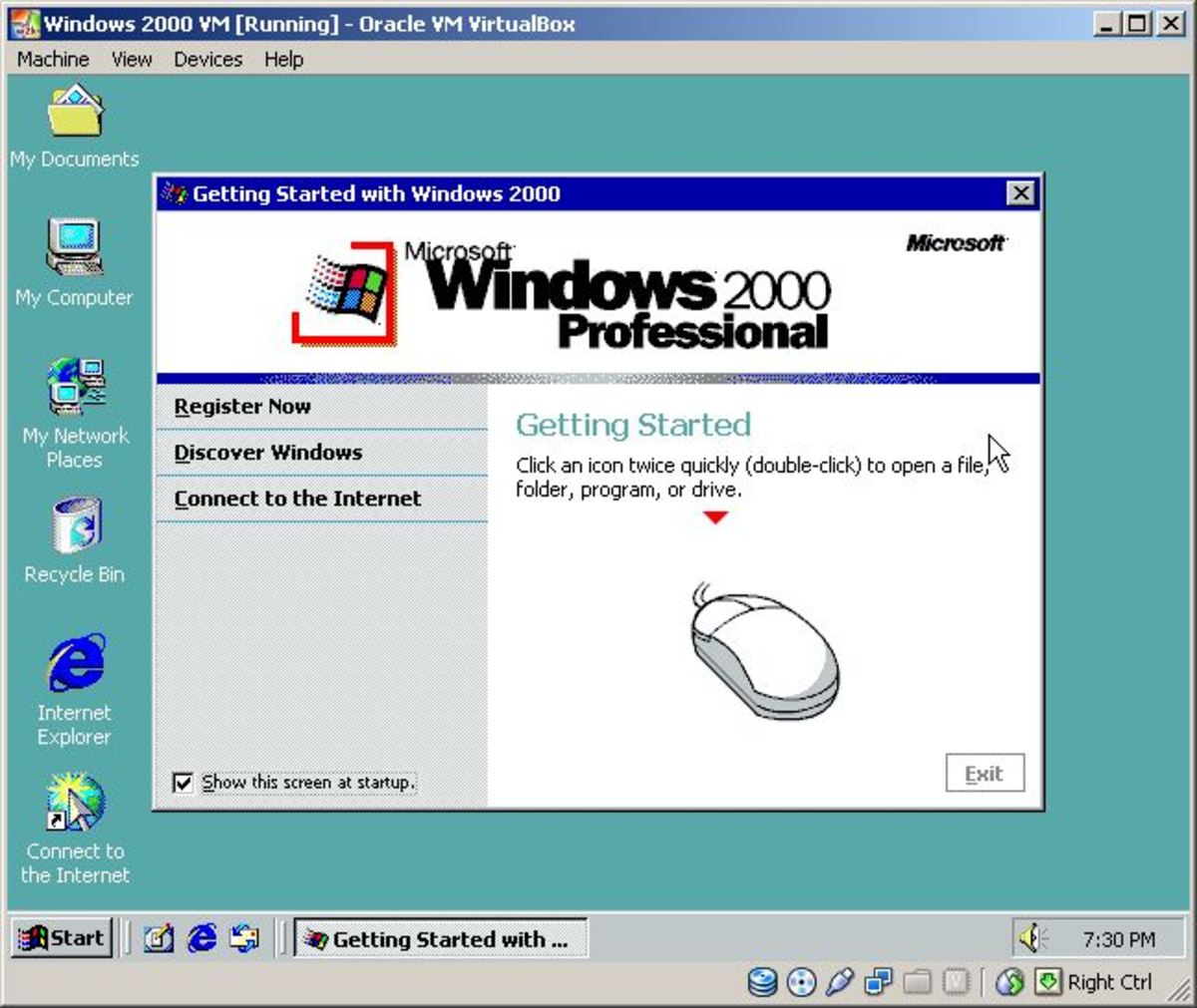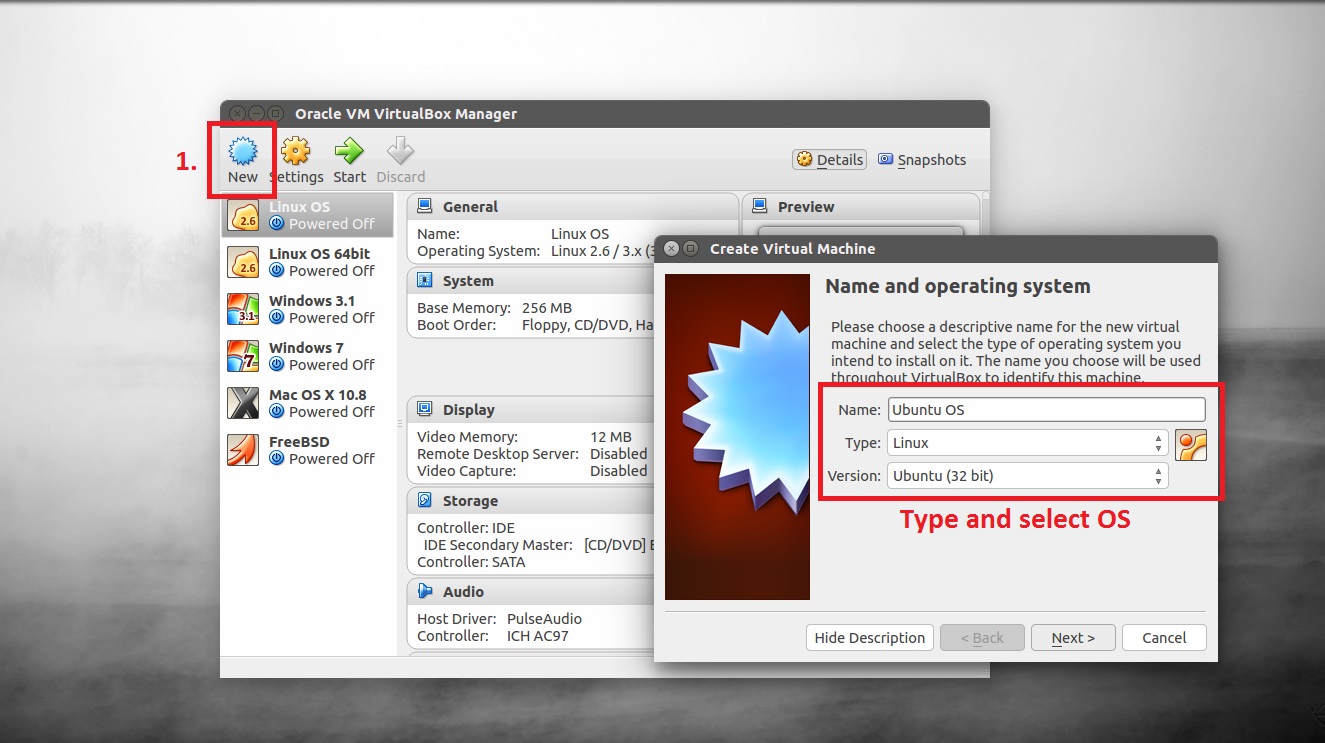


This approach increases the host's security profile.

It also meant that the office manager who works at this computer would use Linux for all normal activities such as email, web access, document and spreadsheet creation with LibreOffice. That approach meant that I wouldn't need to do a completely new installation of Windows or any of the existing application software. Free online course: RHEL Technical Overview.Kingston has an excellent overview of various SSD devices, form factors, and interfaces on its web site. I decided to install a new SATA SSD in the host and use the existing SSD with Windows on it as the storage device for the Windows VM. The physical computer already had a 240GB NVMe m.2 storage device installed in the only available m.2 slot on the motherboard. No one should need to provide their name, phone number, and birth date in order to register software. Also, Windows 10 requires enough information when setting it up on a new system or after an installation to enable crackers to steal one's identity, should the Microsoft database be breached. The primary ones that apply to this case are that I would hate to pay for another Windows license – Windows 10 Pro costs about $200 – to install it on a new VM. It is important to understand that I have an extreme dislike for Windows for multiple reasons. This set of circumstances, along with a recent security scare, made it highly desirable to convert the host running Windows to Fedora and to run Windows and the accounting program in a VM on that host. This financial application is not special, and a better Linux program could easily replace it, but I've found that many accountants and treasurers are extremely reluctant to make changes, so I've not yet been able to convince those in our organization to migrate. This program runs on the office manager's computer on Windows 10 Pro, which came preinstalled. I do, however, volunteer for an organization that uses one financial program that requires Windows. Never have I ever used Windows as my primary operating system on any of my personal computers or even in a VM to perform some obscure task that cannot be done with Linux. I have even used VirtualBox to test the creation of a Windows guest host.

I use VirtualBox frequently to create virtual machines for testing new versions of Fedora, new application programs, and lots of administrative tools like Ansible.


 0 kommentar(er)
0 kommentar(er)
